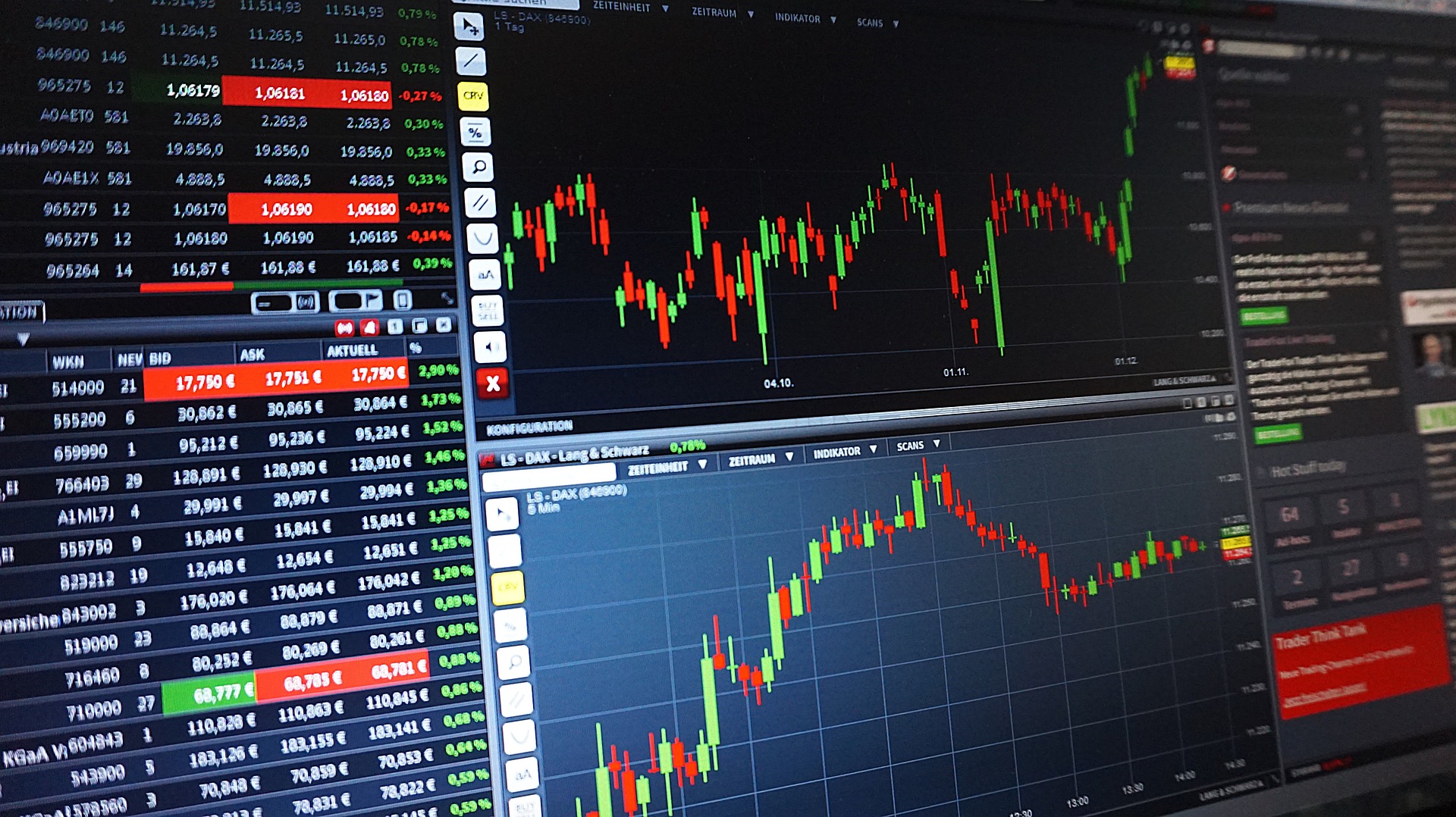As you invest for retirement, you may find yourself overwhelmed with options and the terminology that goes along with them. This is especially true for the different types of funds you will encounter. If you are saving through a 401(k), you’ll likely have the option of index funds or target-date funds. If you don’t understand the differences between these options, you may end up making the wrong decision—and find yourself having to be much more hands-on or hands-off in your portfolio management than you intended.
The key to deciding between these two investment vehicles is understanding how involved you want to be in portfolio creation and asset allocation. Target-date funds have more of a set-it-and-forget-it ethos, though they aren’t completely hands-off. Index funds will require you to be much more active in the decision-making process.
What You Need to Know about Target-Date Funds
Target-date funds get their name from the fact that they are restructured over time according to your retirement date. You invest in a fund for the year you want to retire. The asset allocation may be riskier at first, but it automatically changes over time to become more conservative as the target date draws closer, to help safeguard wealth that has been accumulated.
Many 401(k) plans offer target-date funds, but typically only from a single provider (e.g., Vanguard, Fidelity, Principal, etc.) so it is important to do some research. Not all target-date funds are the same—even when they have the same target-date year—so be sure you understand the risk exposure and asset allocation. Many people assume that target-date funds are automatically “safer” than mutual funds, but again, you’ll find that target-date fund managers often take a more aggressive approach, at least at first. You may not be comfortable with that level of risk.
The other thing to keep in mind when it comes to target-date funds is that they are actively managed—the asset allocation changes regularly. This can mean that they come with hefty fees. Always be sure look at the fees involved. If the expense ratio is high, you may want to consider other options, especially if your employer only offers one target-date fund. While many investors like the fact that these investments require little attention, you do not want to waste too much of your earnings on fees, especially when there are other options with very reasonable expenses.
Key Points to Understand About Index Funds
Index funds are extremely popular investment vehicles. This generalized term includes both exchange-traded funds and mutual funds that track a specific index. Some of the commonly tracked indices include the S&P 500, the Russell 2000, and the EAFE. The attraction of index funds is that they have broad exposure, which makes them very resilient, along with low operating expenses. This translates to lower fees for investors.
Index funds rely on a number of different investment approaches, and may include both domestic and international options. Some index funds can track relatively obscure indices or fairly exotic asset classes, so it is important to know exactly what you are investing in before you make the final decision. However, these more specialized funds are only rarely available through employer-sponsored 401(k)s.
The other thing to keep in mind is that index funds typically offer less diversity than a target-date fund, which means you should ideally invest in more than one to round out your investment strategy. For example, investing in an index fund tied to the S&P 500, one tied to an international index, and a bond index fund would provide decent diversification. You may also want to consider funds that invest in emerging markets, small- and mid-cap stocks, or real estate to increase diversification.
When the underlying index experiences a setback, so will the value of the asset, which is why it is important to diversify even among index funds. It’s also important to point out that most index funds have low fees, but not all, so it is critical to verify this information.
Index Fund vs Target-Date Fund: Which Is Best for Your 401(k)?
As you choose between target-date and index funds, keep in mind that one target-date fund will likely suffice while you will need to choose several index funds. Moreover, with index funds, you will need to revisit your asset allocation regularly and decide whether to maintain it or change it depending on the overall performance of your portfolio.
If you enjoy being a more active investor, choosing index funds is a good option. Of course, this is not as labor-intensive as selecting individual assets, but you will still need to dedicate time to figuring out your allocation. With target-date funds, the majority of the legwork comes upfront as you figure out which option to choose should you have more than one. However, it’s never smart to literally “set it and forget it”—review the fund’s performance regularly.
The other consideration here is the options provided to you through your 401(k) plan. If you are investing through individual accounts, you will have a world of options available to you. With a 401(k), you are much more limited. You should look thoroughly at the options and decide whether the target-date fund makes sense for your needs. You should also verify that the index funds are varied enough to achieve adequate diversification. If the answer to either of these questions is no, you may need to consider the other option more seriously.
Finally, it is also wide to consider hiring professionals to manage or advise on your 401k holdings. It may seem easy to manage all of your 401k funds yourself in a never-ending bull market, but in negative markets or prolonged periods of rougher markets, it may be wise to utilize professionals. They are much more likely than you, to have you reducing your risk exposure into new highs in the markets, and have you increasing your risk exposures when the markets have fallen a lot!
